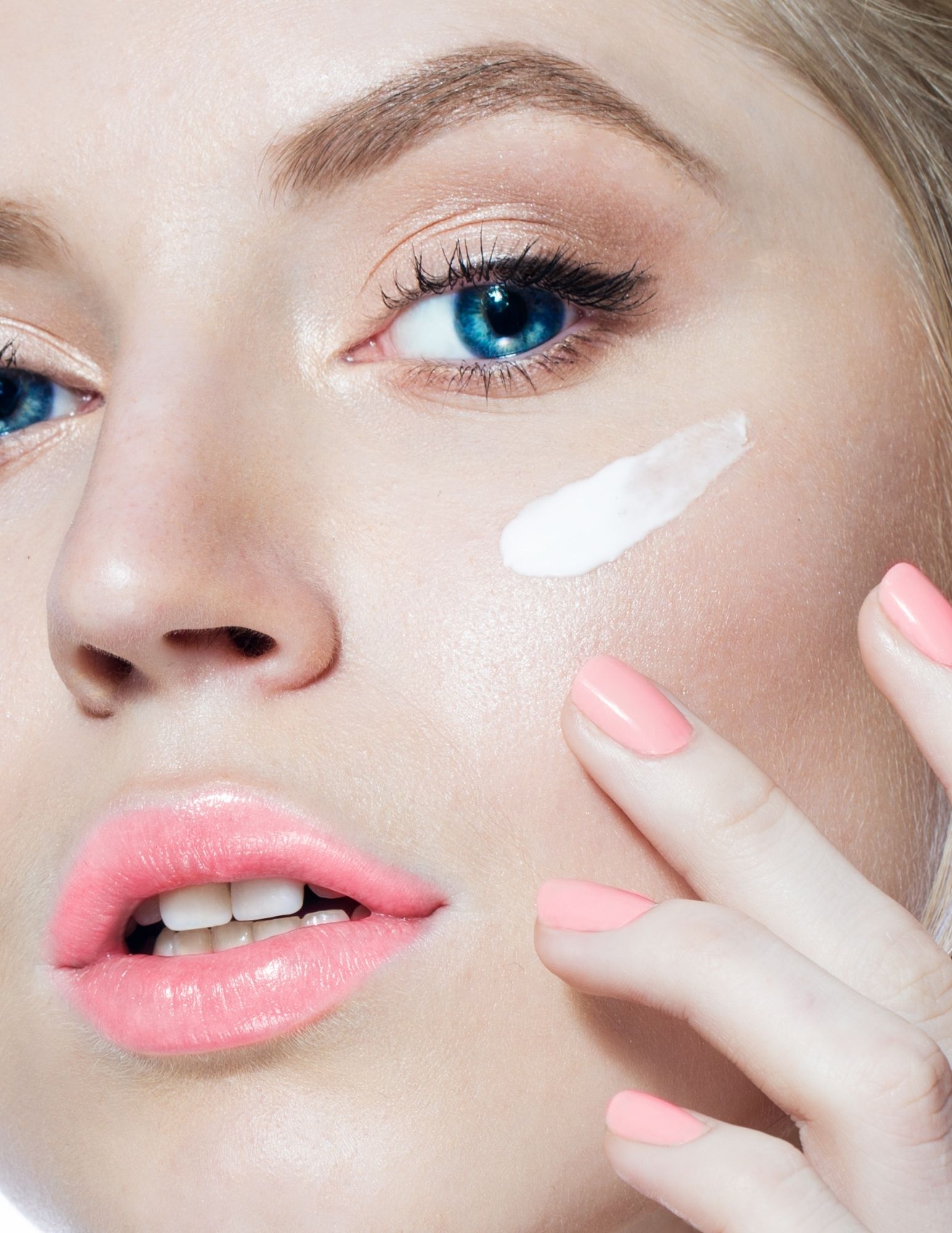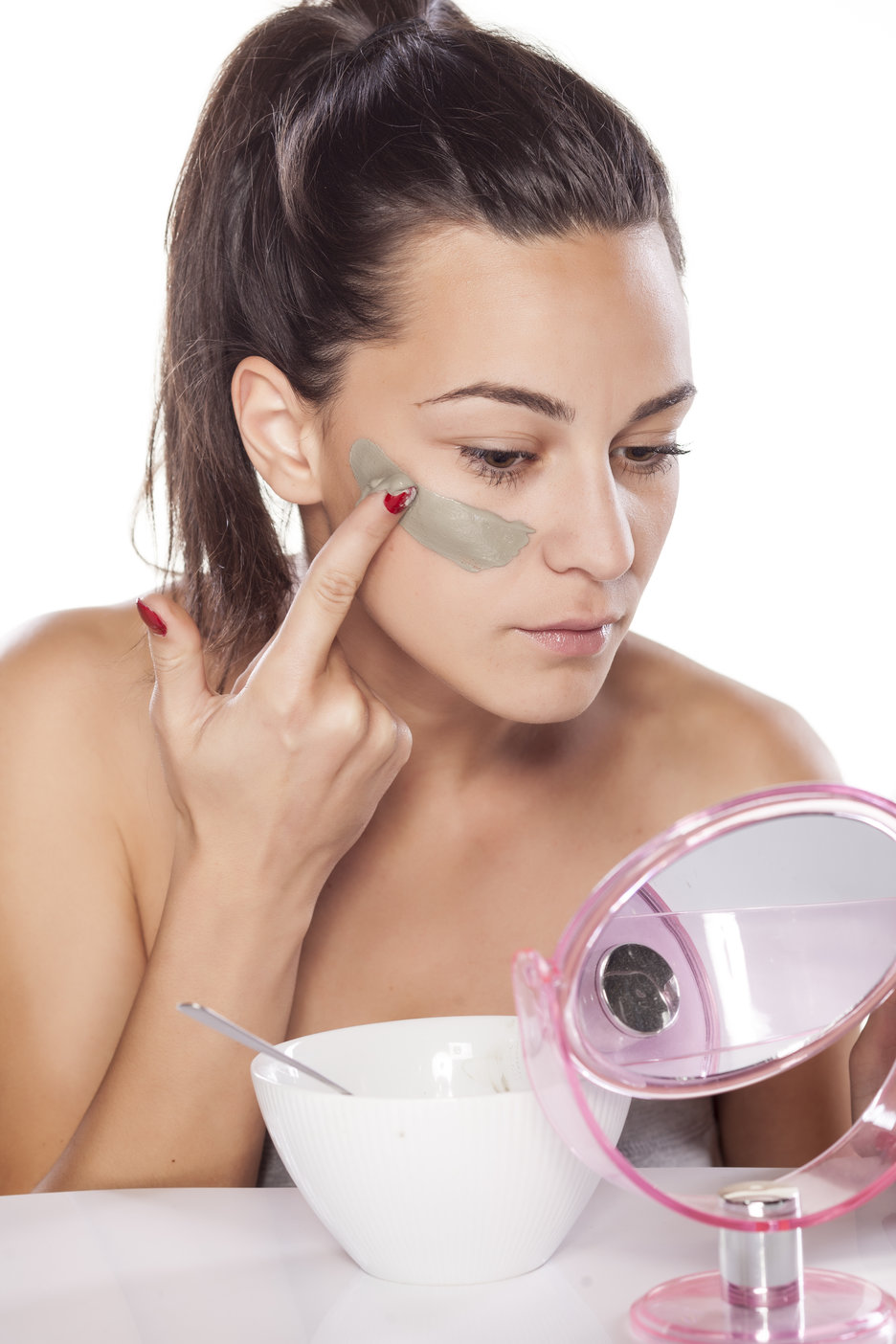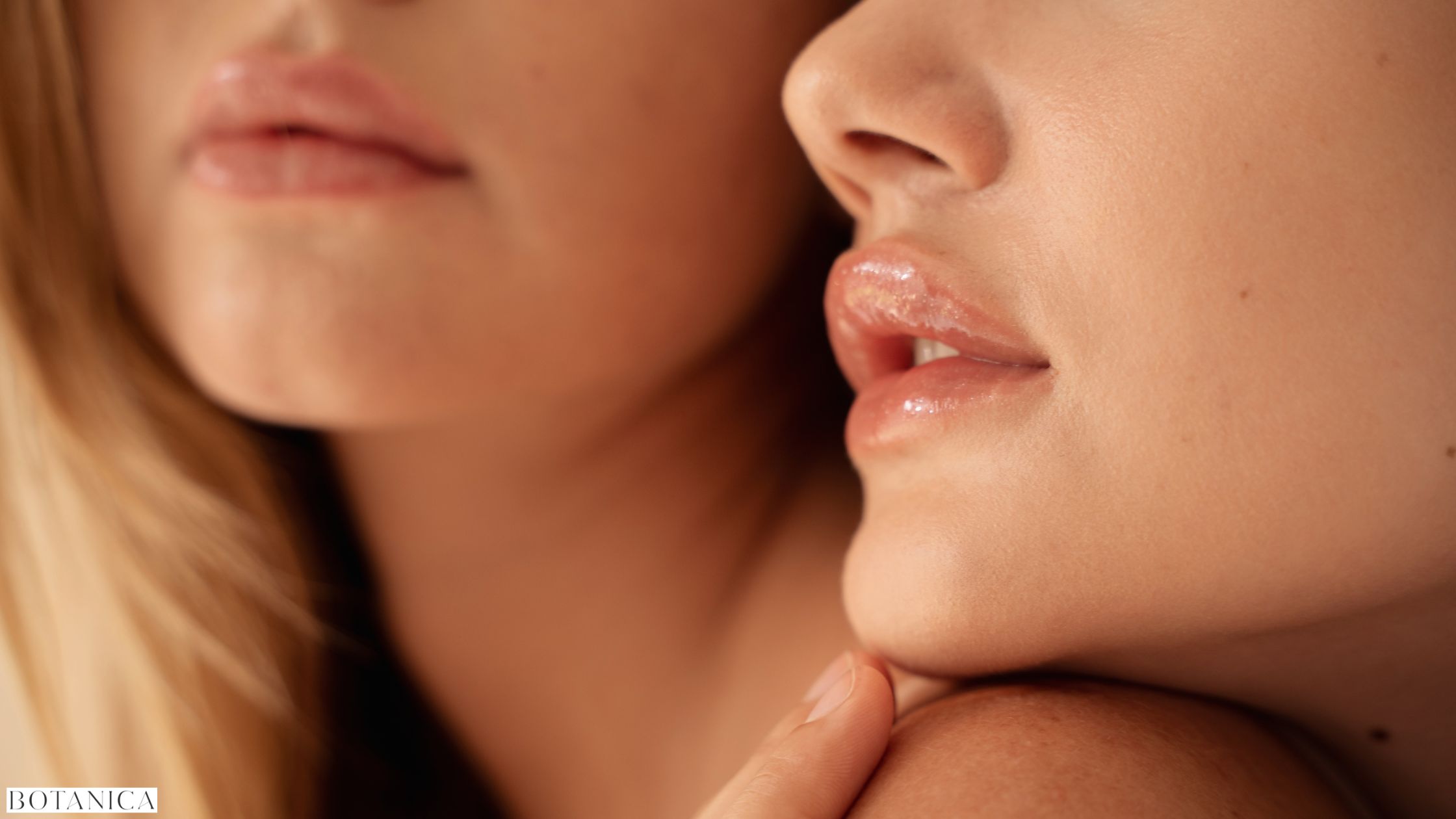
Is Moisturizer Important For Our Skin?
Moisturizer seems like such a basic step that a lot of people take for granted, but have you ever stopped to wonder what it’s actually doing for your skin? Here are a few key reasons you’ll never want to skip moisturizer again!
Moisturizer Improves Skin Health by Supporting a Healthy Barrier
So many skin conditions—including acne, eczema, psoriasis, rosacea, sensitivity, and dehydration—can be attributed (at least in part) to a compromised moisture barrier. A healthy barrier is truly one of the cornerstones of skin health, regardless of your skin type.
Simply put, this barrier acts as a bodyguard for our skin, keeping essential hydration and nutrients in while keeping irritants out. When this barrier becomes damaged, it creates tiny, invisible cracks in the skin. This means moisture escapes and irritants can penetrate more easily.
So, what is this protective barrier actually made of? It’s made of protective skin cells, which are held together by lipids (fatty oils). If skin cells are the bricks, lipids are the mortar, and together they create a wall that defends your skin against external aggressors. Moisturizers help fortify the lipids that make up your moisture barrier, making them the key to healthy skin aging. Learn how to repair a damaged moisture barrier.
Moisturizer Helps Prevent Transepidermal Water Loss
Throughout the day, our skin naturally loses moisture through a process called transepidermal water loss (TEWL). This is when the outermost layer of our skin loses water to the surrounding air through evaporation. In dry environments, this process is accelerated. The water in your skin evaporates too quickly for your body to replace it, which leads to dehydration (lack of water in the skin).
When you’re dealing with living cells, it’s important to understand that they’re like fish and need water to live. Not every skin type requires topical oil (moisture), but ALL skin types require water (hydration) so the skin can act in a healthy way. Moisturizer creates a seal over the skin to keep water from escaping, which is essential for preventing TEWL and maintaining a healthy moisture barrier.
Learn the difference between dry and dehydrated skin and how this can help you choose the right moisturizer.
What Happens If You Don’t Use Moisturizer?
Oily/Combination Skin
Oily skin can develop closed comedones if it doesn’t get enough hydration. Sometimes people with acne-prone skin skip moisturizer to avoid clogged pores. Ironically, this can have the opposite effect. If your skin becomes dehydrated because you’re not providing it with enough hydration, your skin cells dry up and die. These dead skin cells can then end up sloughing off and falling into the lining of your pores, causing a blockage. This blockage may eventually become a blemish.
Normal Skin
If your skin is neither very oily nor dry, you may think it’s already balanced, so you don’t need to be using a moisturizer. But all skin types need hydration, and not supporting your skin’s natural protective functions with moisturizer could cause your skin to age more quickly.
Dry Skin
If you struggle with dry skin, chances are you’re already using a moisturizer. This is definitely a good thing. Dry skin naturally produces little to no oil, which means you have to compensate by adding both hydration (water) and moisture (oil) to the skin. This will help supplement your lipids, which are part of your skin barrier’s scaffolding.
What’s the Difference Between Humectants, Emollients, and Occlusives?
Not all moisturizers work in the same way, and it’s important to know which types of ingredients to look for based on your specific concerns.
Humectants
Humectants are ingredients that help increase hydration levels by attracting water and drawing it into the skin. Common humectants include hyaluronic acid, glycerin, sodium hyaluronate, propylene glycolic, and allantoin. Humectants are a great way to treat dehydration (lack of water) in the skin and can be a good option for those with oily skin since they tend to be lightweight.
There is one caveat to humectants, though. Since they are always looking to attract water, they’ll start pulling it from the deeper layers of your skin if they can’t find any in the surrounding air. When used incorrectly, humectants can accelerate this process because once water has been pulled up out of the deeper layers of your skin, it can evaporate into the surrounding air. All this will leave you more dehydrated than when you started. The solution? Be sure to pair humectants with occlusive ingredients, especially if you’re in a dry climate. This will create a seal over your skin to keep water in.
Emollients
Emollients are lipid-based ingredients meant to help fortify and imitate your skin’s natural oils. Remember that your moisture barrier is made up of skin cells, which are held together by lipids. Emollients help fill in any gaps in your natural lipid barrier to keep it fortified and intact. They ultimately help enhance smoothness, softness, hydration, and flexibility within the skin.
Examples of common emollients include shea butter, squalane, cetyl alcohol (not all alcohols are drying, ya know!), and jojoba oil. Some emollients can also have occlusive properties.
Occlusives
Occlusives are ingredients designed to create a barrier between your skin and the surrounding air. This is helpful for keeping water in the skin as well as protecting the skin from irritants. Occlusives can also be good for healing and protecting damaged skin (dimethicone, a common silicone and occlusive, is sometimes used for wound-healing).
Learn the correct way to use a facial oil to create a seal on your skin.
What Does Comedogenic Mean? Do I Need a Moisturizer That’s Non-Comedogenic?
“Comedogenic” really means “pore-clogging.” The idea is that the less comedogenic an ingredient is, the less likely it is to cause comedones (clogged pores). Unfortunately, there is no standard of measurement for comedogenicity. In fact, comedogenicity of an ingredient can vary from person to person. An ingredient might also cause you to break out when included in one formula, but not cause you to break out when included in another. It all depends on how the ingredient is used in a specific product. All this to say, “comedogenic” is a somewhat outdated term that’s more marketing than anything else.
The reality is, you can’t judge whether or not a moisturizer will agree with your skin based on the ingredient label. For example, if you’re prone to breakouts, you may assume that shea butter and sunflower oil will be greasy and pore-clogging. These assumptions can be invalid because product results largely depend on ingredient percentages, which is something you’ll never learn from looking at the list on the back of a bottle or jar.
How Important is Oil-Free If I Have Oily Skin?
If you have oily skin and you pick up a jar or tube of moisturizer and see an ingredient with the word “oil” in it, you might hesitate to buy it. Unfortunately, it’s not quite this simple. The reality is that, like “comedogenic,” “oil-free” is more of a marketing term than anything else. While it can indicate that a moisturizer doesn’t technically use any oils, chances are it includes some type of emollient that provides a similar function for the skin (fortifying your lipid barrier and making the product easier to spread).
That said, if a product is labeled “oil-free,” it’s probably been formulated specifically with oily, acne-prone skin in mind. For this reason, it may be safer for those with oily skin types to use, but it’s not a guarantee. You can’t judge a product by its ingredient label. It’s ultimately about experimenting a little and finding the right moisturizer for your skin type.
Do I Need More Than One Moisturizer?
Everyone should have at least two moisturizers. Your daytime moisturizer should include SPF 30 or higher, and nighttime moisturizer should be sunscreen-free. Don’t worry about looking for something labeled as a “night cream,” any moisturizer can be used during your evening routine so long as it doesn’t include sunscreen. Learn why you should never skip moisturizer at night.
Beyond that, using multiple moisturizers may be beneficial if you have a condition like eczema that causes dryness or flaking in certain areas. An oil-based moisturizer can aid in the healing process when applied to these areas but may be too thick for other areas of the face that aren’t naturally as dry. Think of this as “spot treating” with moisturizer.
Depending on the climate where you live, you may also need to switch up moisturizers to accommodate seasonal changes.
Do I Need to Use a Serum and a Moisturizer?
When using a serum, it’s important to use a moisturizer over the serum to seal it into the skin. While most serums will provide some hydration to the skin, their main goal is to deliver active ingredients deep within the skin to help correct certain skin issues. They don’t provide a protective shield between your skin and the environment like moisturizers will do.
I hope these tips and answers to moisturizer helped you learn something to better your skin. As always, Botanica Day Spa is here for rejuvenating facials and any help you need with buying skin care for your skin type or concern! Call us at 727-441-1711 to speak to one of our skin care experts today!
Love,
Gen



Leave a Reply